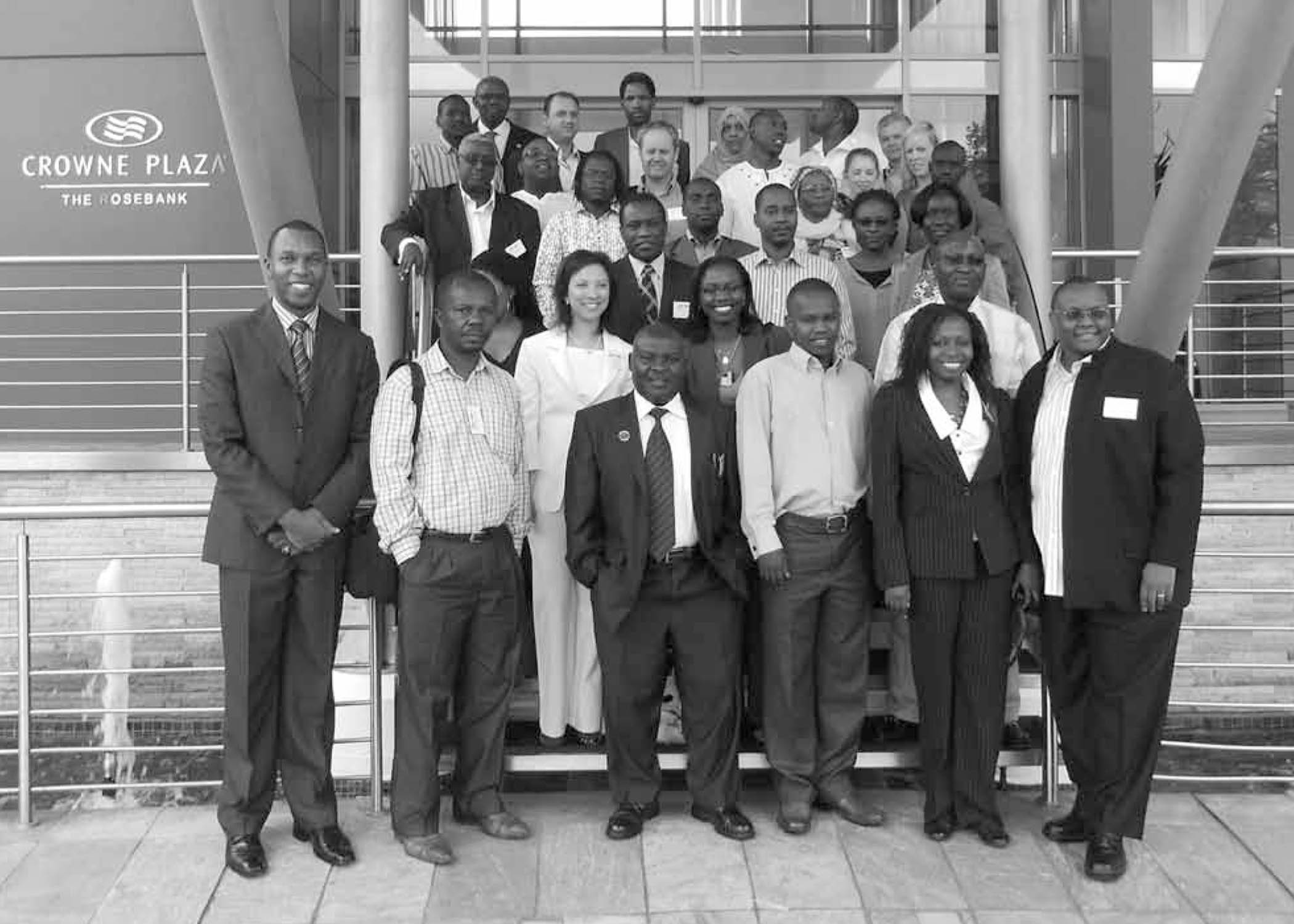By Lindsay McClain and Allan Ngari
JRP-IJR Policy Brief No. 2
After more than two decades of conflict, victims, the Government and civil society in Uganda are grappling with how to implement effective transitional justice (TJ) mechanisms in the country. Informed by widespread consultations with victims across the greater northern region of Uganda, this policy brief focuses specifically on the right to reparations and aims to highlight the most pressing reparations needs identified by victims. The briefing concludes with specific recommendations to concerned parties, namely the imperative need for a national framework to guide reparations processes in Uganda.
From November 2010 to February 2011, the Justice and Reconciliation Project (JRP), in collaboration with the Institute for Justice and Reconciliation (IJR), organized a series of consultations with victims of the conflict in Northern Uganda, entitled ‘Enhancing Grassroots Involvement in Transitional Justice Debates.’ The consultations, held in the Acholi/Lango, Teso and West Nile sub‐regions, focused on truth‐telling, traditional justice, reparations and gender justice within the context of Uganda’s transitional justice processes.
The purpose of this briefing is to share the consultations’ findings on reparations and inform stakeholders on specific policy and programming needs which will best assist victims and their families. By highlighting the issues identified by victims and making specific recommendations to concerned parties, unique insight is provided into the right to reparations and the specific reparations mechanisms needed to support efforts for sustainable peace and reconciliation in Northern Uganda.
The title of this policy brief is derived from an emotional response of a participant at the West Nile regional consultation (held 24-25 November 2010) when discussing the topic of reparations. Although compensation forms one part of the reparations process, this phraseology reflects the state of mind of many victims and affected communities in Northern Uganda. They view compensation as a key component of justice.
To download the full brief, click here.





